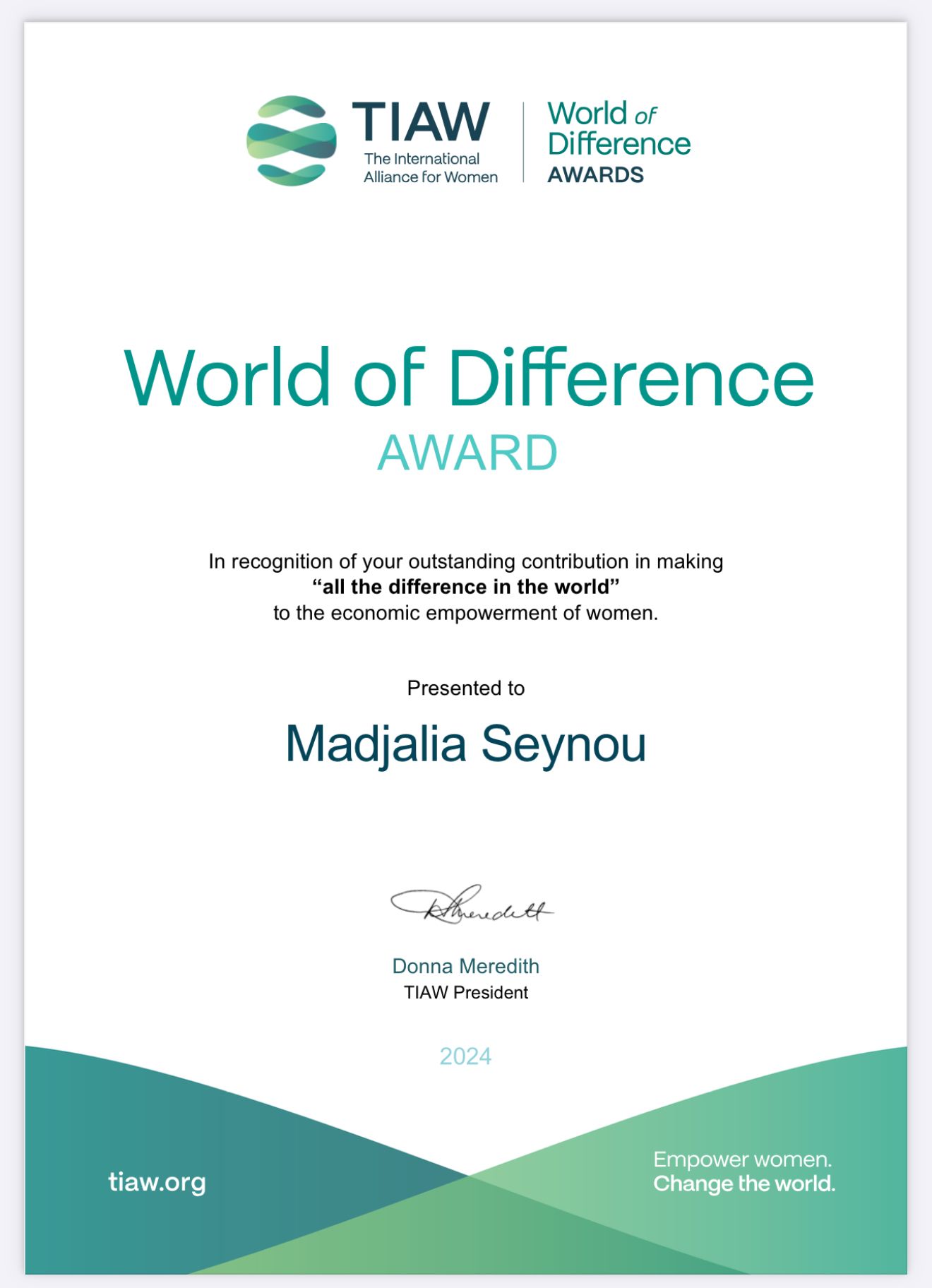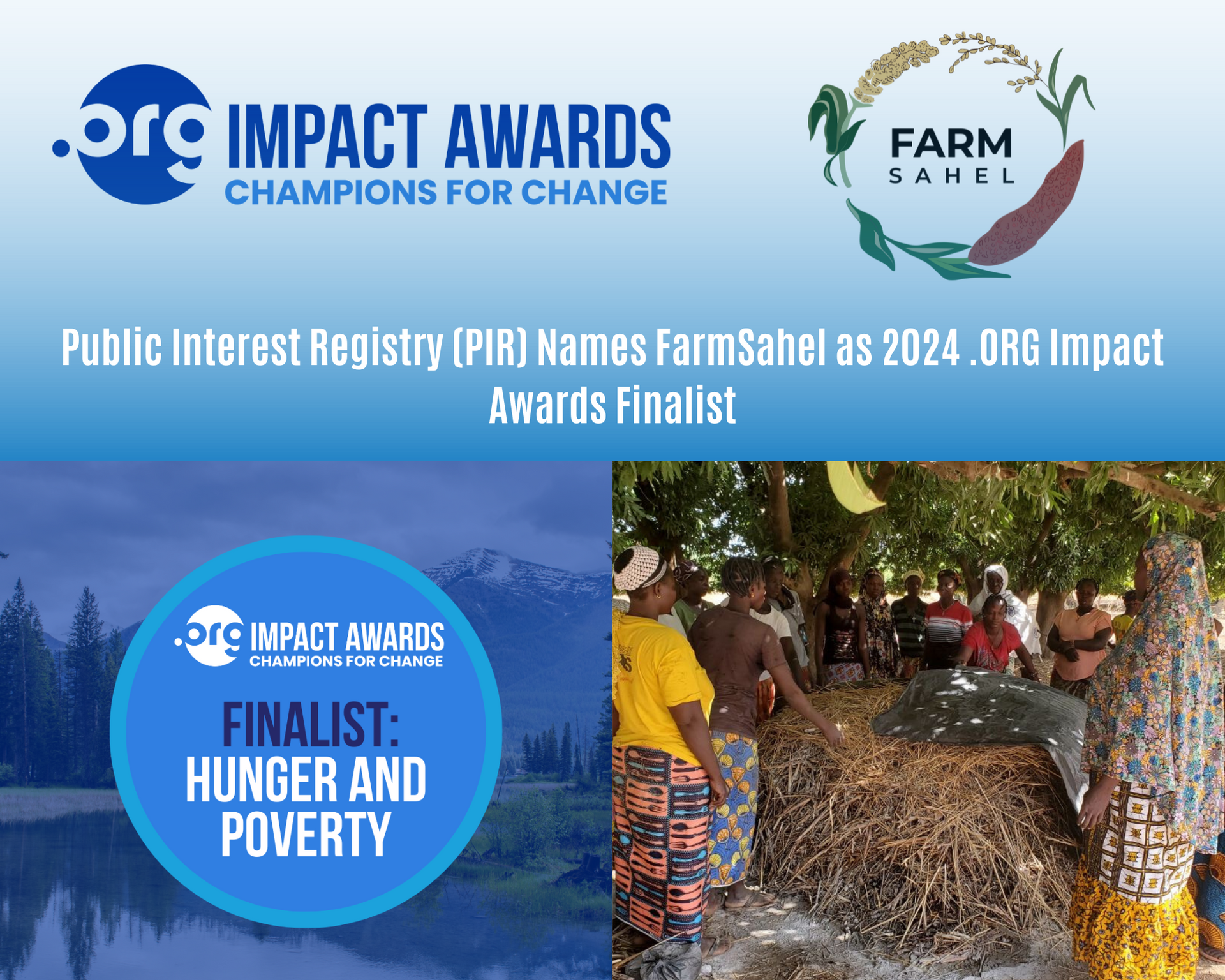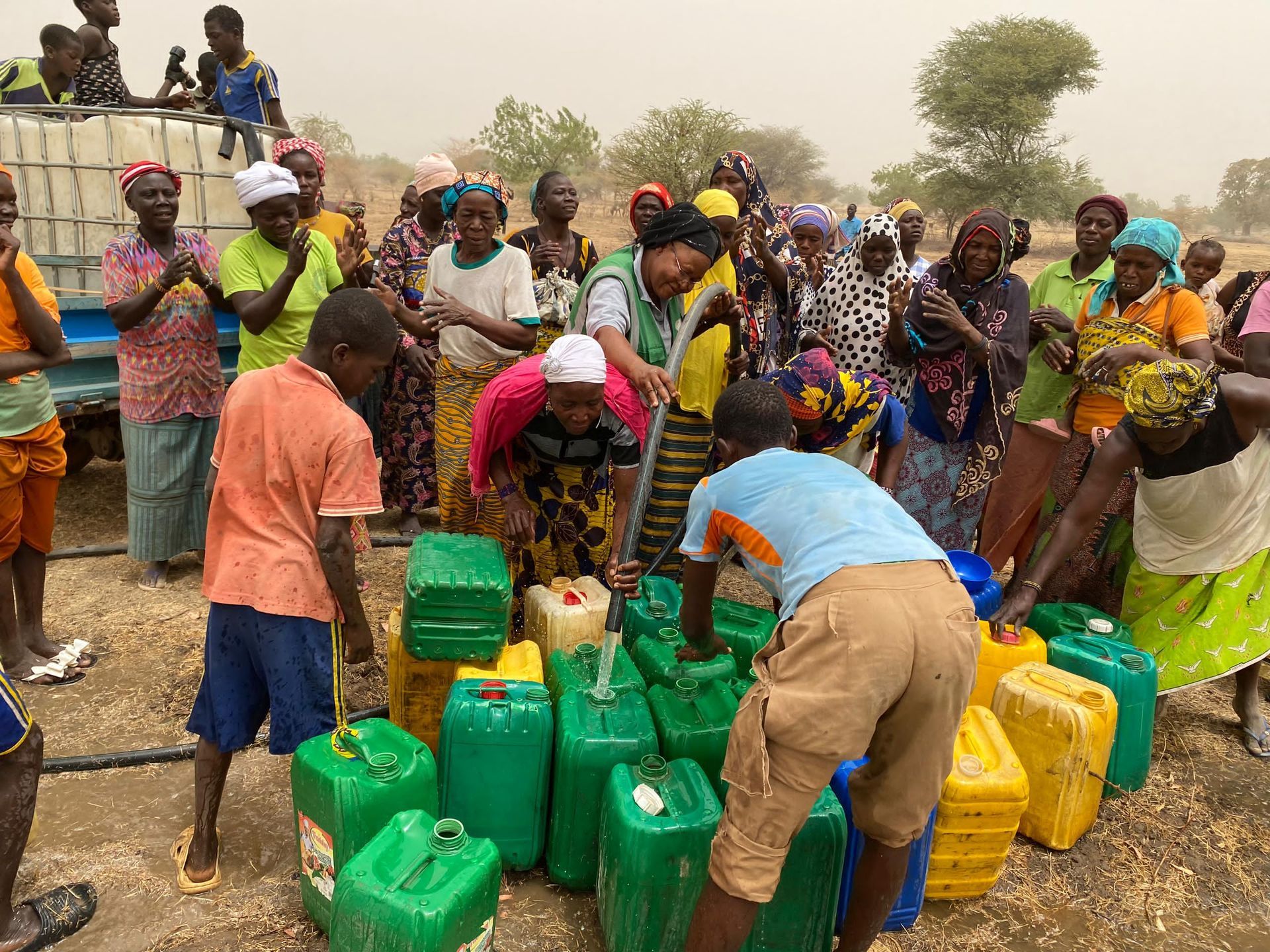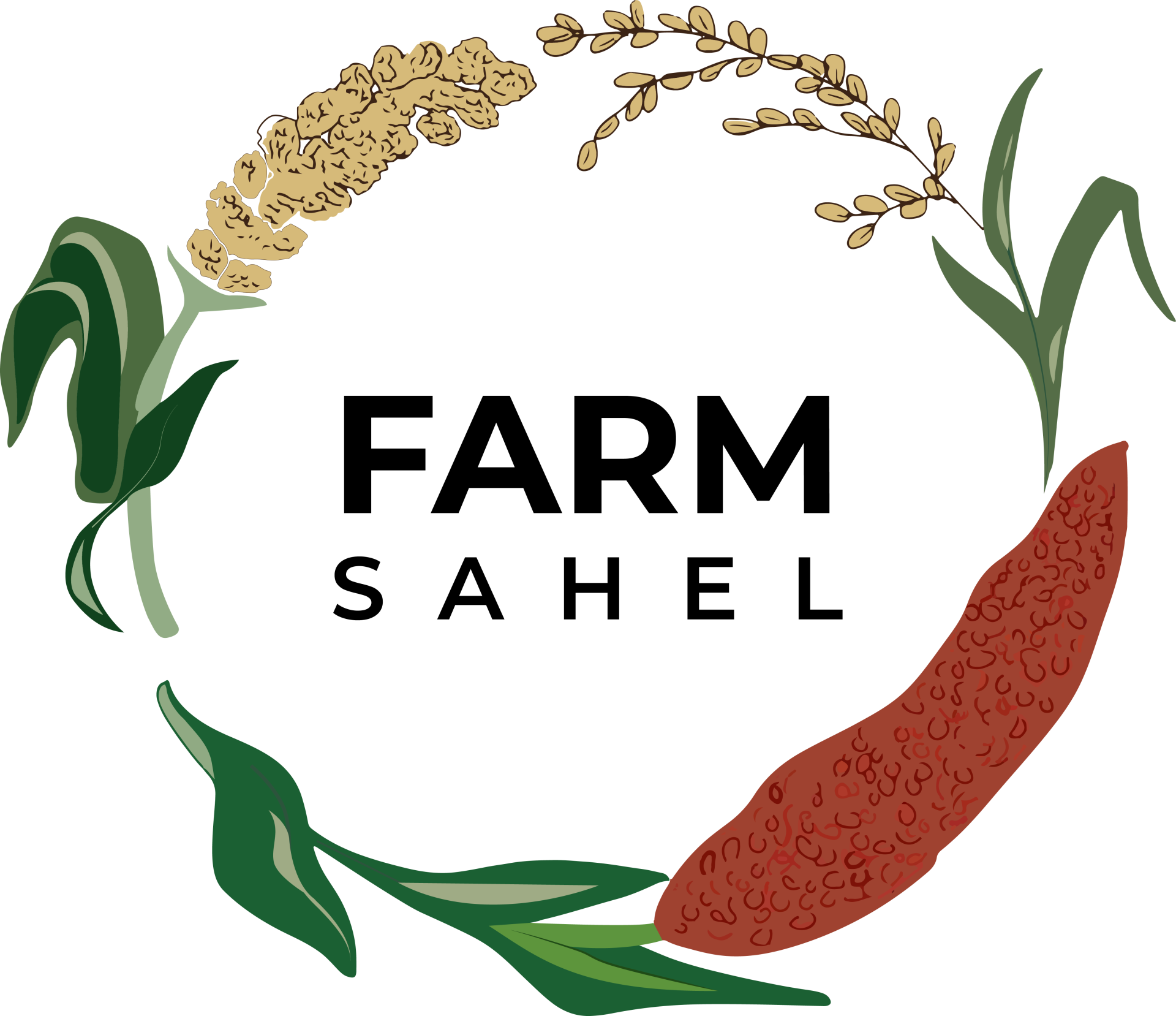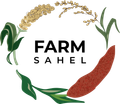OUR MISSION
Our Goals, Vision & Values
About us
FarmSahel is a nonprofit organization dedicated to the vision of a prosperous Africa, sustainable through community enabled permaculture, beginning with communities in Burkina Faso.
OUR FOCUS AREAS
We focus on three mutually reinforcing areas

Climate Resilience
Restore degraded land using agroforestry practices to support agricultural production and help improve water quality, air quality, soil health, and wildlife habitat.

Food Growth
Empower farmers through access to regenerative agriculture training, quality seeds, and water-smart techniques. Expand year-round food production by integrating efficient irrigation systems, such as solar-powered drip irrigation, to optimize water use and support nutritious, diversified crop yields

Community Development
Empower local leadership by training women in entrepreneurship, organizing them into agricultural cooperatives, and equipping them with digital literacy skills and mobile tools to enhance cooperative farming and improve market access.
Updates: News & Stories
